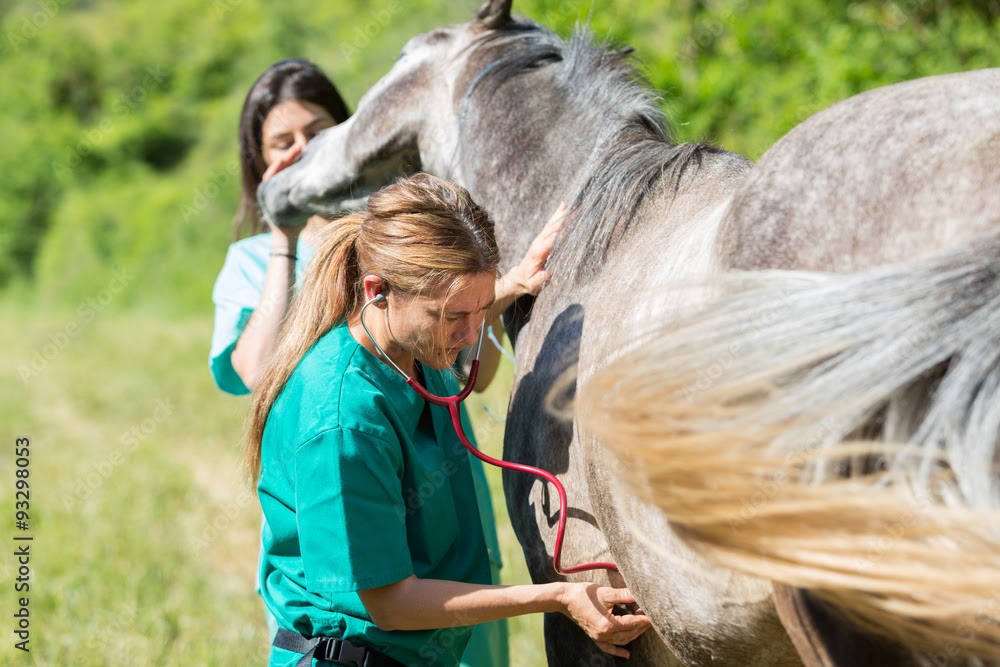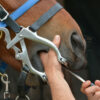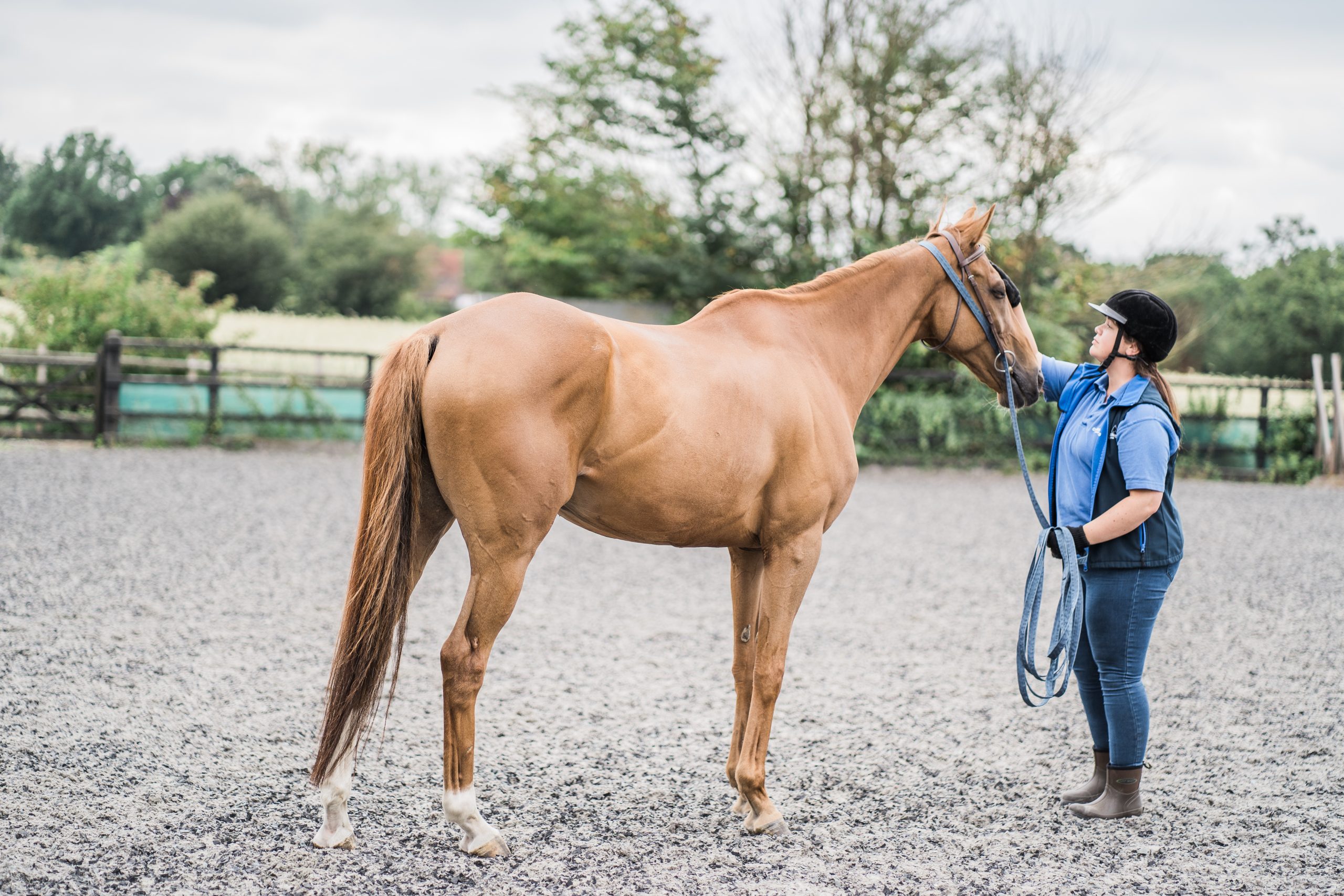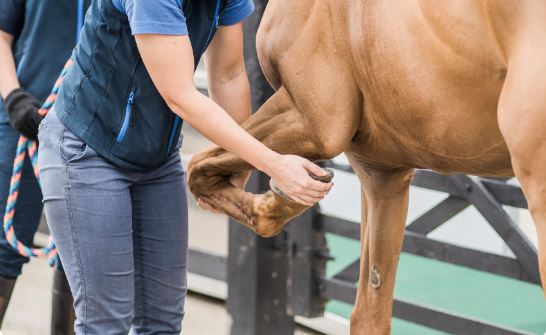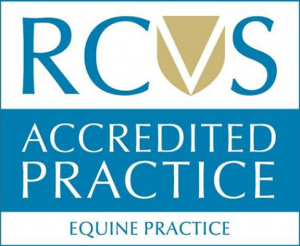Horses require specialised care, and choosing the right equine vet near you who has the technical knowledge of treating a horse is highly essential. A lot of veterinarians have the expertise of taking care of large animals like cattle and horses. Narrow your search to vets who have the expertise of providing equine emergency services while searching for a horse vet.
After you have prepared a list of horse vets, follow these six tips to choose the right vet for your horse.
1. Ask for referrals
Not all horses have the same skills and experience, so asking for referrals is necessary. This is one of the best ways of determining whether the vet has the skills needed to take proper care of your horse.
Ask the staff and customers of the local horse feed store to recommend local horse vets near you.
2. Ask questions to the vet
Choosing a horse vet is a critical matter. Ask questions to the vet and make sure that they are a good fit before you give them the responsibility of treating your horse. You must take the interview process seriously if you do not want to jeopardise the treatment of your horse.
3. Investigate the history of the vet
Vets develop a reputation as all doctors do. Therefore investigating the history of the equine vet will help you to get a clear idea of the vet. The internet comes in handy while researching these, checking the reputation of the vet online, reading reviews and ratings by other people, and seeing if any fellow horse owners make any complaints.
4. Take a tour of the facility
Touring the office of the vet is an integral part of the selecting process, even if the vet is most likely to treat your horse at the horse farm or boarding facility. You never know when you will have to take your horse to the vet’s office for x-rays or any other necessary tests, so you might want to make sure that the vet has all the required equipment in their office.
5. Ask questions about the prices and services
Taking care of a horse is not cheap, and neither is the veterinary care of a horse. Although you should not choose a vet based on costs only, you must take charge into consideration.
Ask questions about the equine emergency services offered by the facility, like specialised x-rays or other in-home lab tests. A good vet will always be happy to answer your questions about the services and the costs.
6. Allow your pet to interact with the vet
Your horse is the patient here, so it is necessary to ensure that the horse is comfortable with the vet. Allow your pet to interact with the vet and monitor how they relate with each other. It is okay for the vet to be frightened of the vet’s office, but it should not be terrified or uncomfortable in any way.
In conclusion
Choosing an equine vet is not an easy task, but it is essential to choose the right one to ensure the best care for your horse and that is why at Clarendon Equine, we make sure your equine gets the best care possible.


